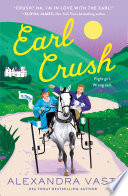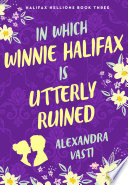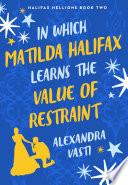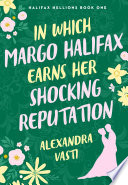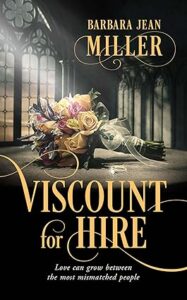“When a stranger first arrives in this overgrown city and finds upon alighting at the inn that he has still some miles perhaps to go before he can see his friends he is naturally anxious for advice how to reach them in safety with his luggage But if this be the case with those who have got friends what is the dread of such as have a home to seek business to look after or a place of service to obtain without a friend to guide their steps or a candid person to warn them of their danger to tell them of the precipices pit falls and moral turpitude of a large proportion of the population of this great metropolis To supply the place of a living friend and in some eases to perform the necessary part of one by directing the stranger in the choice of companions and what characters he should avoid I have compiled these sheets in which will be found all 1 know about the matter and all I could learn out by fine drawing of others.” By A Gentleman who has made the police of the metropolis an object of enquiry twenty-two years, William Perry
William Perry performed an anthropological study of London criminals in this delightfully informative guidebook, interviewing and following the habits of such colorful characters as Conkey Beau, Tit Shiels, Bight Hoppy Cole, little Roberts, Old Smith and James Law. Conveniently located following the foreward is a short slang dictionary, which serves to lay plain all the nefarious goings on in the great metropolis using the thieves own cant.
For instance, if you are not immediately assertive, taking the number of the coach, with the coachman he might call you “Johnny Raw” or “protract the sound of Ma am to her thus yes M-a-a-m and no M-a-a-a-m” indicating you are a pigeon ripe for the plucking–and too ignorant to question exorbiant fares.
Another gem: “Walking the streets has been reduced to a system in London every one taking the right hand of another whereby confusion is avoided. Thus if you walk from St Paul’s towards the Royal Exchange you will be entitled to the wall of those you meet all the way whereas if you cross over you must walk up on the kirb stone. The contrary mode is a sure indication of a person being a strauger or living at the outskirts of town and is certain of attracting attention to his awkwardness a thing always to be avoided.” ie, you look out of place walking along the curb and you are sure to be pickpocketed.
Here is another way to avoid being pickpocketed…and probably good advice for the leery urban visitor: “Strangers and silly persons who are … not better known by their first appearance than from the ill advised custom of asking the way and standing gaping at the names of the streets as if in doubt which road to take. This being a sure indication that they are at a loss and of course confused such a person is perhaps accosted and misdiected into some street or lane more adapted to the robbers purpose and there met again or overtaken by one two or three others he is either hustled or his pockets neatly picked or he is knocked down with a bludgeon. Therefore it is recommendabie that no one should ask his way in the streets but in decent shops or at most of persons carrying small parcels which indicate they are shopmen or porters .”
The guidebook also covers some more common cons of the streets of London. Women falling on the streets, regardless of their appearance of respectability, are suspect likewise are strange men you meet at public houses who mention adjourning to a gaming establishment.
Perry details everything from street walkers to Birds of Paradise to beggars, issuing words of warning and common sense to the innocent provincials who visit Town.
Beyond a guidebook, this wonderful slice of London life gives us an inside look at some of the seedier elements of the city, ways local knowledge both safeguards residents and baffles visitors, and the many alternative methods for earning a living in the teeming, industrializing city.
Well worth a look, especially if your writing includes this urban underbelly.


